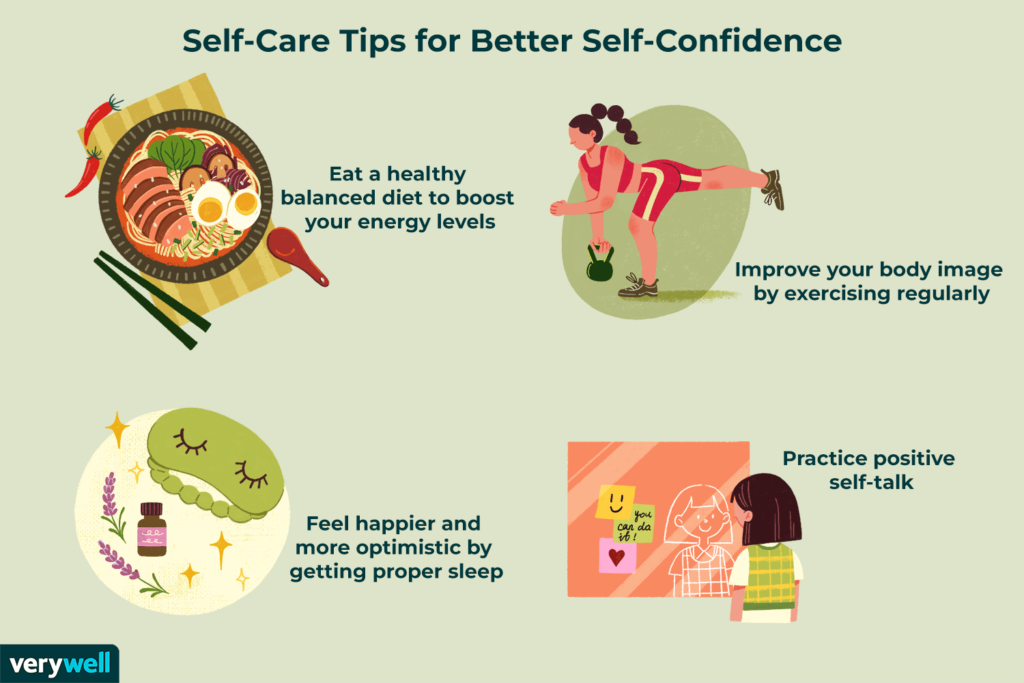Experience the Future of Health:
The future of health is being reshaped by remarkable advancements in technology and science, promising to transform the way we understand, prevent, and treat diseases. Imagine a world where personalized medicine is the norm, and treatments are tailored to your genetic makeup, lifestyle, and environment. Genomic sequencing, once a costly and lengthy process, is now becoming more accessible, enabling doctors to predict and prevent illnesses before they manifest. This proactive approach to health care not only enhances the quality of life but also significantly reduces the burden on healthcare systems.

Telemedicine and digital health platforms are also transforming the patient experience. The convenience of virtual consultations means that medical advice and care are just a click away, making healthcare more accessible to people in remote or underserved areas. Wearable technology, such as smartwatches and fitness trackers, continuously monitors vital signs, physical activity, and sleep patterns, empowering individuals to take an active role in managing their health. These devices can alert users to potential health issues and provide data that doctors can use to make informed decisions.
Furthermore, advancements in biotechnology are opening new frontiers in treatment. Regenerative medicine, including stem cell therapy and tissue engineering, holds the promise of repairing or replacing damaged tissues and organs. Immunotherapy is revolutionizing cancer treatment by harnessing the body’s

Embracing Natural Health Solutions
While technology and science drive much of the future of health, there’s a growing recognition of the importance of natural health solutions. Integrating natural approaches with modern medicine can offer a holistic path to wellness, addressing both physical and mental health.
Holistic Nutrition: The foundation of natural health begins with what we eat. A diet rich in whole, unprocessed foods—fruits, vegetables, whole grains, nuts, and seeds—provides essential nutrients that support the body’s functions. Superfoods like kale, blueberries, and quinoa are packed with antioxidants and vitamins that combat inflammation and oxidative stress. Additionally, the trend of plant-based diets is gaining traction, with research showing that reducing animal products can lower the risk of chronic diseases like heart disease, diabetes, and certain cancers.

Herbal Medicine: Long before the advent of modern pharmaceuticals, humans relied on the healing power of plants. Herbal medicine offers a natural way to treat and prevent illnesses. For example, turmeric is renowned for its anti-inflammatory properties, while ginger aids digestion and boosts the immune system. Adaptogens like ashwagandha and ginseng help the body manage stress and improve overall vitality. By integrating these ancient remedies into our health regimen, we can harness their benefits in a safe and sustainable way.
Mind-Body Practices: Stress is a significant contributor to many health issues, and natural mind-body practices provide effective ways to manage it. Yoga, meditation, and tai chi are not only great for physical fitness but also for mental clarity and emotional balance. These practices enhance mindfulness, reduce stress hormones, and improve overall mental well-being. Regular engagement in these activities can lead to a more resilient mind and a calmer, more centered approach to life’s challenges.

Natural Remedies and Therapies: From acupuncture to aromatherapy, various natural therapies complement conventional treatments. Acupuncture, an ancient Chinese practice, involves inserting thin needles into specific points on the body to alleviate pain and treat various conditions. Aromatherapy uses essential oils extracted from plants to promote physical and emotional health. Oils like lavender and chamomile are known for their calming effects, while eucalyptus and peppermint can relieve respiratory issues. These therapies offer non-invasive, drug-free alternatives for managing health.
Sustainable Living: Embracing a natural approach to health also means considering the environment. Sustainable living practices—such as reducing plastic use, recycling, and supporting organic farming—help create a healthier planet, which in turn supports human health. Organic foods are free from harmful pesticides and chemicals, and sustainable farming practices ensure that the soil remains fertile and productive. By making eco-friendly choices, we contribute to a healthier ecosystem and reduce our exposure to toxins.

Physical Activity in Nature: Engaging in physical activities like hiking, running, or cycling in natural settings provides a dual benefit. The physical exercise improves cardiovascular health, strength, and flexibility, while exposure to nature boosts mental health. Studies show that spending time in nature reduces stress, anxiety, and depression, and enhances mood and overall well-being. The concept of “forest bathing” or spending time in forests, known as shinrin-yoku in Japan, has been scientifically proven to reduce stress hormones and improve immune function.

Incorporating these natural health solutions into our daily lives can lead to a more balanced, holistic approach to wellness. By valuing the natural world and the gifts it offers, we can achieve a harmonious blend of traditional wisdom and modern innovation, creating a future where health is accessible, sustainable, and deeply rooted in the natural rhythms of life.




Well work
👍
Good work